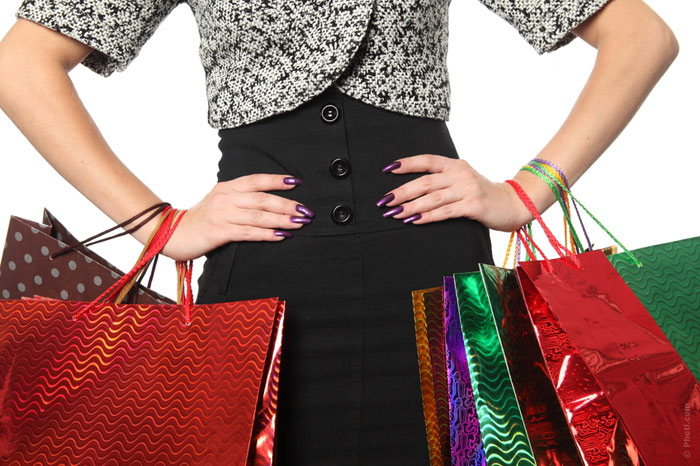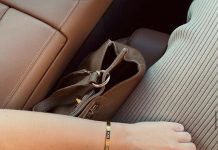Many people may have this problem – you buy the thing you like; you put it on once, and then it is sent to the far corner of the wardrobe, where it remains, forgotten and abandoned. It turns out to be a waste of money, but what should you do if you do not want to wear it. Is there a way to never buy such a thing? There is no absolute solution, but there are a few tips.

Such stories happen to everyone: to fashionable people who adore new clothes and stuff their wardrobes with them and to those who go to the store “once every ten years.” Of course, it matters how long you think before you buy something and how much you get tired of shopping when going through dozens of options.
But the result is sad anyway – you are wasting your money. Here are a few tips that will help you buy only what is truly useful.
Meat and potatoes
70% of your clothes should be meat and potatoes, and 30% should be confectioner’s sugar and pollen (Michael Kors)
Kors called fairly simple clothes meat and potatoes; they can be worn with accessories or without them. This comfortable clothing will fit almost any occasion, and other people will not be shocked to see it.
Pollen and confectioner’s sugar – these are accessories, things with unusual coloring or tissue structure, and shiny things. They can decorate, provide a unique look, but the bulk of clothing still needs to be simple, otherwise all the glitter and lace will simply gather dust in the wardrobe.
This advice may be more suitable for girls who cannot go past beautiful accessories and vibrant, unusual things. Imagine the percentage of “meat and potatoes” in your wardrobe, and even if it is less than a half, pay attention to more practical things next time.
Buy clothes for “now”
Your lifestyle affects what you wear: your hobbies, the climate you live in, where you spend most of your time. For example, if you go to clubs and parties every two years, and spend most of the time in office, it is not necessary to take bright, frilly things, even if they are very beautiful and suit you very much.
Practice shows it is not reasonable to have clothes reserved for the future. The same applies to weather: nothing can be done with nature, so beautiful things will have to be replaced by more practical and warmer/lighter ones.
Find your “uniform”
Identify the things that you put on often, which you feel comfortable in, and the ones that cause inconvenience. For example, if you like T-shirts with prints, jeans and sneakers, you will know that these things will not get lost in the wardrobe. Hence, you must first of all look at the things from your “uniform” in the store.
Comfort is of primary importance
Have you ever bought the things that really suit you, but are too tight? For sure. Do not hope for weight loss and, moreover, do not use the clothing item as a motivation factor. Before you buy something, no matter how cool it is, make sure that you are comfortable and convenient.
The same applies to fabrics. At the moment of purchase it seems that stiff fabric does not matter, and then you just cannot get into these awfully tight jeans and will wear the old ones until the next trip to the shop.
Do not be fooled by the price
Yes, shops often arrange sales when some clothes are sold at a ridiculous price, but that does not mean you will wear them. It’s easy to get hooked and pay the money for the thing that you are not going to look at later.
The same concerns high prices. Brand items can be expensive just because of the brand name, and not because they are better. But if brand clothes do not suit you much, it is ridiculous to spend a lot of money and buy it.
You can always return them
If you go home, away from the consumer fever and clearly see that you will not be wearing these clothes, feel free to go and return them. It is clear that you feel reluctant, but, on the other hand, it will make you think thrice before taking something.
If the shop does not give the possibility to return clothes, it is better not to buy anything there. There are many other stores, where such a possibility is provided. And yes, keep the receipts and boxes, even if you like the items. Who knows what you’ll find out when you come back home.
Be ruthless when getting rid of (or selling) unnecessary things
If you were presented a thing, and you immediately see that you will never wear it, do not regret to get rid of it. Why should you cram your wardrobe with the things that are not useful?
Well, the last point is to get out of the department and visit the rest of boutiques and shops if you have liked the thing, but you are not sure you will wear it. If the thing just pulls you back, go and buy it. And maybe, you really will wear it.











